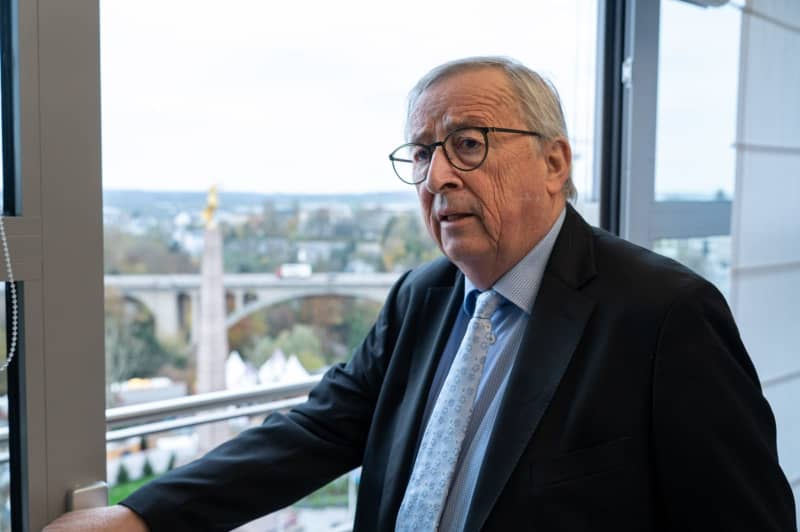Former European Commission President Jean-Claude Juncker has voiced strong opposition to the reintroduction of border checks in Germany and several other European Union member states. Speaking to the German press agency dpa, he expressed his frustration, stating, “I would like this to stop.” Juncker believes this approach is flawed, arguing that those who think they can effectively intercept refugees and individuals with arrest warrants at designated border points misunderstand the situation. He emphasized that smugglers are adept at circumventing official police checks, particularly in the densely trafficked border regions surrounding Luxembourg, which shares borders with Germany, France, and Belgium.
Juncker’s concerns center on the normalization of border controls, which he finds alarming. He stated that Germany reintroduced checks at all its borders on September 16, citing the need to manage “irregular migration” and protect internal security. This move has resonated across various EU nations, where border checks are re-emerging. He noted that the Schengen Agreement, celebrated for permitting free movement across borders for nearly 40 years, only allows for such checks under exceptional circumstances, specifically during serious threats to public order or internal security, and only for a maximum period of six months.
The reintroduction of these border checks has broader implications for regional cohesion. Juncker warned that if Germany pushes to make these checks permanent, it could damage the sense of belonging among residents of the Greater Region of SaarLorLux, which comprises 11 regional authorities across four EU countries. He urged an end to these measures, indicating that the inconvenience caused is significant for daily commuters, many of whom have become accustomed to unrestricted movement in this cross-border region.
Highlighting the bureaucratic hassle these checks create, Juncker cited specific statistics from the German Federal Police, which reported 135 illegal entries from Luxembourg in October, along with 80 refusals of entry. He opined that, given the traffic levels—with around 220,000 people crossing the border daily for work—the checks are overly disruptive and serve as an unnecessary obstacle. Juncker, who served as Luxembourg’s prime minister for 18 years until 2013, underscored the importance of maintaining the region’s longstanding free movement traditions.
Moreover, Juncker criticized the German Federal Police’s aggressive enforcement tactics, remarking that heavily armed officers conducting checks on the Schengen Bridge over the Moselle demonstrates a lack of ingenuity and sensitivity towards the experiences of those living and working in the border region. He highlighted the dissonance between the need for security and the realities faced by local populations, who wish to retain their established freedoms.
In response to the border check reintroduction, the Luxembourg parliament’s recent resolution seeking to challenge this decision legally has found Juncker’s support. He underscored the importance of this initiative, urging the Luxembourg government to explore legal avenues to dispute these controls. Juncker’s advocacy reflects a broader worry about the future of the Schengen Agreement and the fundamental principles of free movement in Europe, reiterating his commitment to maintaining these freedoms and the regional identity they foster.

